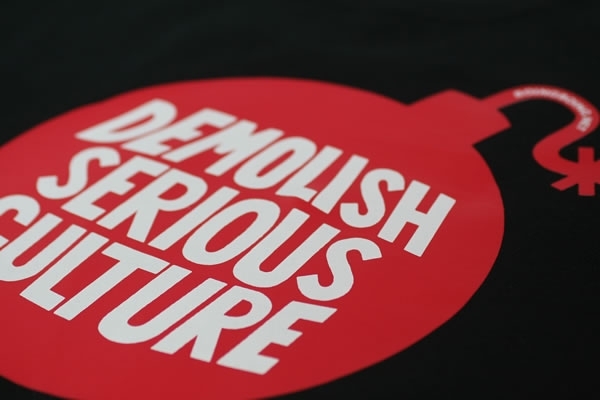Sickening profile of Canada's weapons-grade patent trolls
In Wired, Robert McMillan profiles Rockstar, a world-class patent troll based in Canada, which was capitalized to buy up Nortel's "defensive" patent portfolio for billions of dollars and now does nothing but look for companies that make stuff that people like and use, so it can send them legal threats. Rockstar itself has no products, aside from legal threats. Reading this left me with the taste of sick in my mouth, and a sense that the patent system has to be reformed or taken down altogether, before it turns parasitism and lawsuits into the only viable technology business-models.
But Widdowson is a specialist. He’s one of 10 reverse-engineers working full time for a stealthy company funded by some of the biggest names in technology: Apple, Microsoft, Research In Motion, Sony, and Ericsson. Called the Rockstar Consortium, the 32-person outfit has a single-minded mission: It examines successful products, like routers and smartphones, and it tries to find proof that these products infringe on a portfolio of over 4,000 technology patents once owned by one of the world’s largest telecommunications companies.
When a Rockstar engineer uncovers evidence of infringement, the company documents it, contacts the manufacturer, and demands licensing fees for the patents in question. The demand is backed by the implicit threat of a patent lawsuit in federal court. Eight of the company’s staff are lawyers. In the last two months, Rockstar has started negotiations with as many as 100 potential licensees. And with control of a patent portfolio covering core wireless communications technologies such as LTE (Long Term Evolution) and 3G, there is literally no end in sight.
“Pretty much anybody out there is infringing,” says John Veschi, Rockstar’s CEO. “It would be hard for me to envision that there are high-tech companies out there that don’t use some of the patents in our portfolio.”
How Apple and Microsoft Armed 4,000 Patent Warheads
Where not otherwise specified, this work is licensed under a Creative Commons License permitting non-commercial sharing with attribution. Boing Boing is a trademark of Happy Mutants LLC in the United States and other countries.

























Glad you liked it. Would you like to share?
Sharing this page …
Thanks! Close
Showing 18 comments
Add New Comment